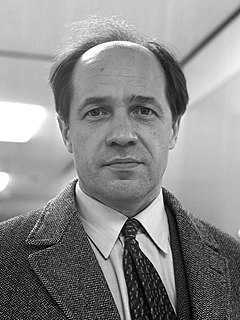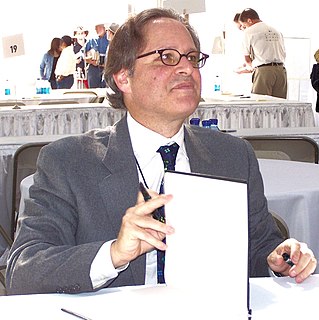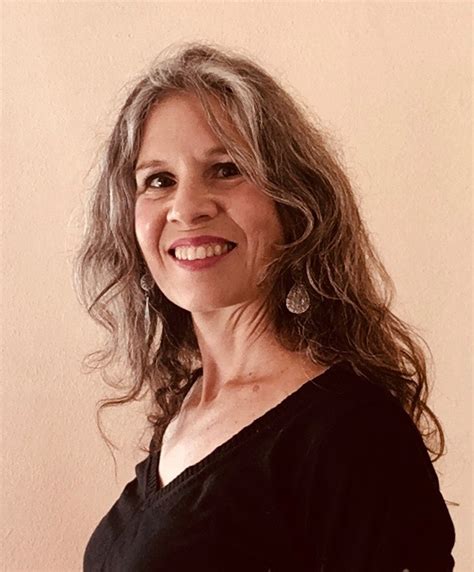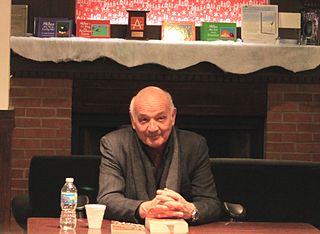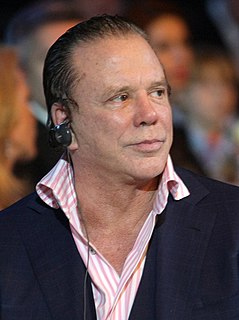Цитата Пьера Булеза
Я всегда думаю, что отношения между учителем и учеником должны быть короткими и, возможно, жестокими. Вам не нужно проводить годы вместе. Все, что вам нужно, — это взрыв: вы — материал для взрыва; учитель является детонатором.
Связанные цитаты
В нынешних условиях объяснение низкой успеваемости учащихся стажем работы учителем является одной из серьезных недоказанных причинно-следственных связей. Просто эта взаимосвязь не была тщательно изучена, но мы все должны признать, что в высшем образовании самые сильные институты, как правило, имеют самые надежные системы пребывания в должности, а в начальных и средних школах штаты с самыми сильными профсоюзами учителей (и системами пребывания в должности) склонны иметь самую высокую успеваемость учащихся.
Хороший учитель никогда не зациклится на рутине... каждый момент требует чуткого ума, который постоянно меняется и постоянно адаптируется. Учитель никогда не должен навязывать этому ученику его любимый образец; хороший учитель действует как указатель, обнажая уязвимость своего ученика и заставляя его исследовать как внутреннее, так и, наконец, интегрировать себя со своим существом. Боевое искусство не должно распространяться без разбора.
Как бывший учитель средней школы и ученик класса из 60 беспризорников в гимназии Святой Бригитты, я знаю, что образование — это дисциплина и мотивация. Учащиеся из неблагополучных семей нуждаются в дополнительном внимании, стабильной школьной среде и достаточном творческом подходе учителей, чтобы стимулировать их воображение. Эти вещи не дорогие.
Любой хороший учитель должен ознакомиться с соответствующими технологиями. Но технологии не должны диктовать цели образования. Скорее, учитель (или родитель, или ученик, или лицо, определяющее политику) должен спросить: могут ли технологии помочь в достижении этой цели и какие технологии, скорее всего, будут полезны?
Ваш учитель не может преодолеть разрыв между тем, что вы знаете, и тем, что вы хотите знать. Чтобы его слова «обучили» вас, вы должны приветствовать их, думать о них, найти место, где ваш разум мог бы их упорядочить, и запомнить их. Ваше обучение — это ваша работа, а не работа вашего учителя. И все, что вам нужно для начала, это желание. Вам не нужен школьный учитель, чтобы получить знания - вы можете получить их, глядя на мир, из просмотра фильмов, из разговоров, из чтения, из вопросов, из опыта.
Мое представление о неудачном писательском семинаре — это когда все выходят, копируя учителя и как можно точнее имитируя великого оригинала во главе стола. Я думаю, что это ошибка, явно противоречащая идеалу преподавания, который позволяет ученику быть кем-то другим, кроме учителя. ... Успешный учитель должен сделать каждого из учеников разным продуктом, а не одним и тем же.
Учитель не может решить или излечить весь стресс ученика. Учитель может проявлять бдительность, пытаясь направить ребенка к решениям, но работа учителя в отношении этого стресса, в конечном счете, состоит в том, чтобы помочь ребенку научиться мудро справляться со своим собственным стрессом. Достигая этого, учитель наставляет высшее академическое образование, снимая отвлекающий стресс, и обучает ценным навыкам выживания в жизни.
